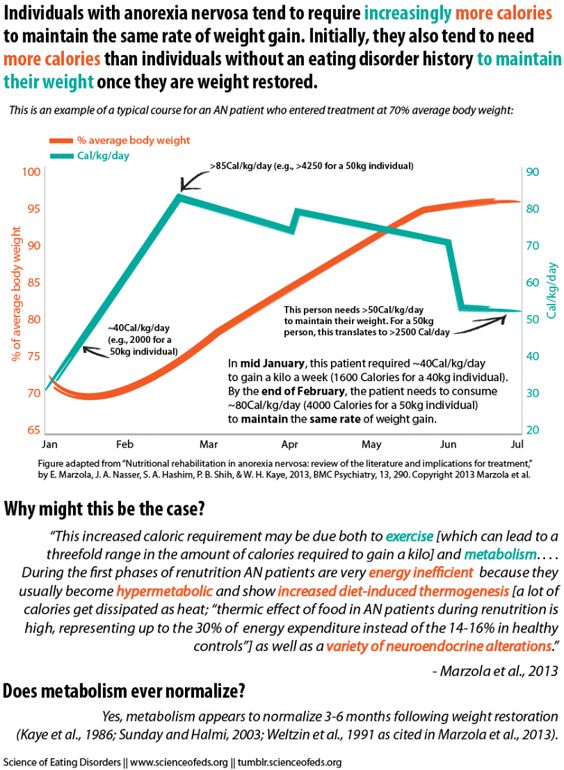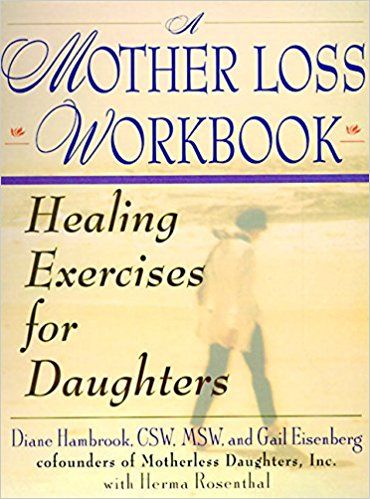Right wrong or indifferent
Right, Wrong or Indifferent: Finding a Moral Compass
In this polarized political climate, people are vocal about their perceptions of right and wrong. What might appear to be simple, has become complex. The values we hold are, in part, offered up by the adults who raised us, by the culture in which we were entrenched and by our willingness to learn and adapt to new ideas that come our way.
In a world with so many diverse beliefs and values, how do you determine right from wrong? I know someone who believes that there is no such thing, and that we should just honor people’s feelings. That doesn’t sit right with me. What if I feel like taking something that doesn’t belong to me or spew hatred because someone is different from me or strike someone because I am angry with them? I was taught that those were in the no-no category. In this case, morality seems absolute and not relative.
A few years ago, I attended a professional conference at which a presenter who was also a therapist was describing a case he had worked on for many years. The client was a young boy who had commandeered a school bus after setting a fire at school. He was angry because his parents had been arrested for robbery and were going to jail. His counselor at the time told him that his parents needed to be incarcerated since they had broken the law and he was none too happy with that answer.
The new therapist took a different approach. He asked the boy to tell him about his life. His grandmother was raising him, along with several of his cousins whose parents were also in jail. Grand mom was loving, but also reinforced the family business, which was grifting. Their belief was that only family could be trusted and everyone else were “marks” who were there for taking advantage of if the opportunity presented itself. Knowing this was their informal creed, he told the boy that the clan needed their very own lawyer to defend the various family members should they happen to get caught and that he could be that attorney. He liked the idea, of being the chosen one, as did his cousins who made sure that he stayed out of trouble.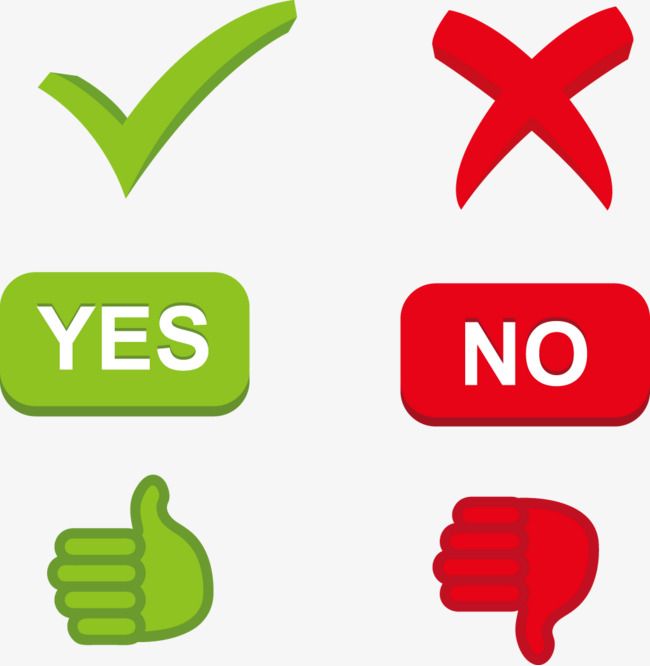
The boy completed high school and went on to law school and when he graduated he fulfilled that role. Mission accomplished, according to the therapist. Not so, in the mind of this clinician. I raised my hand and asked if he had attempted to instill a sense of morality and empathy in the young man, and he answered, “No,” and went on to say that he needed to remain neutral and that it wasn’t his business to instill his own sense of morality. I wholeheartedly disagreed and told him that it is my job as a social worker to at least point out that what he did was harmful to others.
As a Licensed Social Worker, I am required to adhere to the National Association for Social Work (NASW) Code of Ethics and to take an ethics class every two years to maintain my licensure. In it, we cover topics that have to do with confidentiality, boundaries and appropriate behavior that is first and foremost meant to be in service to the client population with whom we work. It touches on the importance of worth and dignity of the client, and operating within the rules of the agencies by which we are employed.
An article published in Greater Good Magazine, states, “a recent Gallop Poll indicates that nearly 80 percent of Americans rated the overall state of morality in the United States as fair or poor. Even more troubling is the widely held opinion that people are becoming more selfish and dishonest. According to that same Gallup Poll, 77 percent of Americans believe that the state of moral values is getting worse.”
One place in which values and morals are considered fodder for conversation is in the business world. Is it acceptable to take credit for a colleague’s work? Is it permissible to pilfer office supplies from your employer? Is it okay to take extra change from the cash register or food from the pantry where you work?
A principle known as Kohlberg’s Stages of Moral Development sets the stage for our understanding of what is right and wrong. It is broken down into concepts that guide decision making as we mature. One of the landmark cases that Kohlberg put forth was called Heinz Dilemma, which describes a man who steals a drug that his wife needs to survive, from the inventor who is overcharging by 100% and won’t allow the man to pay less. I recall hearing about this while in graduate school and it tested my own moral sensibilities.
I recall hearing about this while in graduate school and it tested my own moral sensibilities.
Questioning Integrity
“I can feel when someone or something resonates with me. Then when someone doesn’t with my beliefs I let them go. Surrender the idea that I am in charge of anyone or anything. Compassion seems to follow.”
“Does it feel right? Are your actions or decisions helping or hurting, I believe we all know deep in our soul right from wrong.”
“As a child, I was first born. In charge, bossy, and pushy. As I grew older, this very slowly, too slowly, diminished. At about the 3/4 point I started to see things differently. I see things as I think they really are. I believe that is what everyone does. Any bad reaction a person might have, such as anger or violence, belongs to them. Not good, not right, but not yours. I have noticed, that as I changed, I stopped seeing these behaviors in other people.”
“The golden rule: don’t do anything that you wouldn’t want someone to do to you.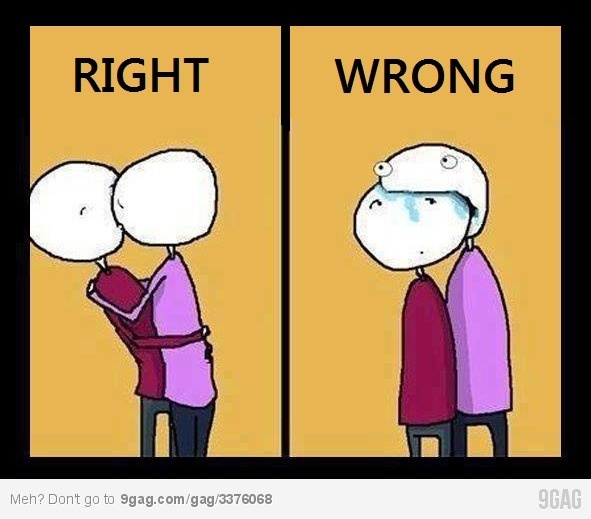 Doesn’t mean it’s wrong or right — that is determined by each person, their experience, their perspective. And of course, we have laws. They pretty much cover it. Outside of that, we model better behavior and hope evolution takes care of the rest.”
Doesn’t mean it’s wrong or right — that is determined by each person, their experience, their perspective. And of course, we have laws. They pretty much cover it. Outside of that, we model better behavior and hope evolution takes care of the rest.”
“Some things in life are indeed black and white and are indeed objectively right or wrong. Lots of things in life are gray, and leeway in considering another person’s opinion/feeling/belief is appropriate. But moral relativism only goes so far. To say that there is no right or wrong ‘and that we should just honor people’s feelings’ is emotionally lazy and shows a lack of integrity.”
“One way to frame such things is in light of what works and what doesn’t. In this light, to behave without integrity is not wrong, however, it does have a cost. When integrity is out agreements don’t work when agreements are not reliable, possibilities are limited.”
“It’s all about tolerance and not hurting others. If your religion teaches peace, love and respect then it should be celebrated. There is no place for hatred, bigotry and extremism.”
There is no place for hatred, bigotry and extremism.”
“Some things are universal. I know of no culture, religion or philosophy that condones theft or violence, at least on the individual level. They all seem to condone such things when done by the State though.”
“I believe that in healthy humans there is an inner compass that guides right from wrong. It may get modified through various lenses of philosophy, religion, and culture, but I think seeking peace and integrity and not causing harm are pretty universal. Unfortunately, it is also possible to get estranged from that compass, so it is good to stay in balance and in touch with it as much as we can.”
“Years ago, I met Joseph Fletcher who wrote the ‘Situational Ethics.’ Unfortunately, right wingers jumped on this without thinking it through. What he DID NOT mean was that was no right or wrong. What he meant was that each situation presented itself with a new set of facts…. new data and that there is no way to decide what is right if you don’t fully know the situation. He did not mean that values are simply “relative” but that they look different in each scenario. Later theologian Joseph Mathews more fully developed this idea and more accurately called it Contextual Ethics. Another way to say it (along with Bohnhoeffer) is that this situation, whatever situation it is, is an opportunity to “judge, decide, weigh up, decide and act.”
He did not mean that values are simply “relative” but that they look different in each scenario. Later theologian Joseph Mathews more fully developed this idea and more accurately called it Contextual Ethics. Another way to say it (along with Bohnhoeffer) is that this situation, whatever situation it is, is an opportunity to “judge, decide, weigh up, decide and act.”
“Wrong does not cease to be wrong because the majority share in it.” ― Leo Tolstoy, A Confession
Right, Wrong or Indifferent: Finding a Moral Compass
In this polarized political climate, people are vocal about their perceptions of right and wrong. What might appear to be simple, has become complex. The values we hold are, in part, offered up by the adults who raised us, by the culture in which we were entrenched and by our willingness to learn and adapt to new ideas that come our way.
In a world with so many diverse beliefs and values, how do you determine right from wrong? I know someone who believes that there is no such thing, and that we should just honor people’s feelings. That doesn’t sit right with me. What if I feel like taking something that doesn’t belong to me or spew hatred because someone is different from me or strike someone because I am angry with them? I was taught that those were in the no-no category. In this case, morality seems absolute and not relative.
That doesn’t sit right with me. What if I feel like taking something that doesn’t belong to me or spew hatred because someone is different from me or strike someone because I am angry with them? I was taught that those were in the no-no category. In this case, morality seems absolute and not relative.
A few years ago, I attended a professional conference at which a presenter who was also a therapist was describing a case he had worked on for many years. The client was a young boy who had commandeered a school bus after setting a fire at school. He was angry because his parents had been arrested for robbery and were going to jail. His counselor at the time told him that his parents needed to be incarcerated since they had broken the law and he was none too happy with that answer.
The new therapist took a different approach. He asked the boy to tell him about his life. His grandmother was raising him, along with several of his cousins whose parents were also in jail. Grand mom was loving, but also reinforced the family business, which was grifting.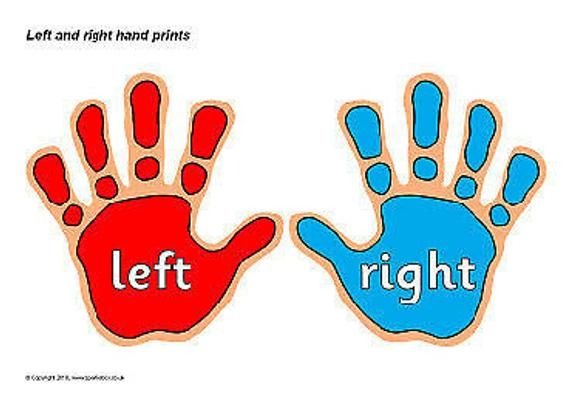 Their belief was that only family could be trusted and everyone else were “marks” who were there for taking advantage of if the opportunity presented itself. Knowing this was their informal creed, he told the boy that the clan needed their very own lawyer to defend the various family members should they happen to get caught and that he could be that attorney. He liked the idea, of being the chosen one, as did his cousins who made sure that he stayed out of trouble.
Their belief was that only family could be trusted and everyone else were “marks” who were there for taking advantage of if the opportunity presented itself. Knowing this was their informal creed, he told the boy that the clan needed their very own lawyer to defend the various family members should they happen to get caught and that he could be that attorney. He liked the idea, of being the chosen one, as did his cousins who made sure that he stayed out of trouble.
The boy completed high school and went on to law school and when he graduated he fulfilled that role. Mission accomplished, according to the therapist. Not so, in the mind of this clinician. I raised my hand and asked if he had attempted to instill a sense of morality and empathy in the young man, and he answered, “No,” and went on to say that he needed to remain neutral and that it wasn’t his business to instill his own sense of morality. I wholeheartedly disagreed and told him that it is my job as a social worker to at least point out that what he did was harmful to others.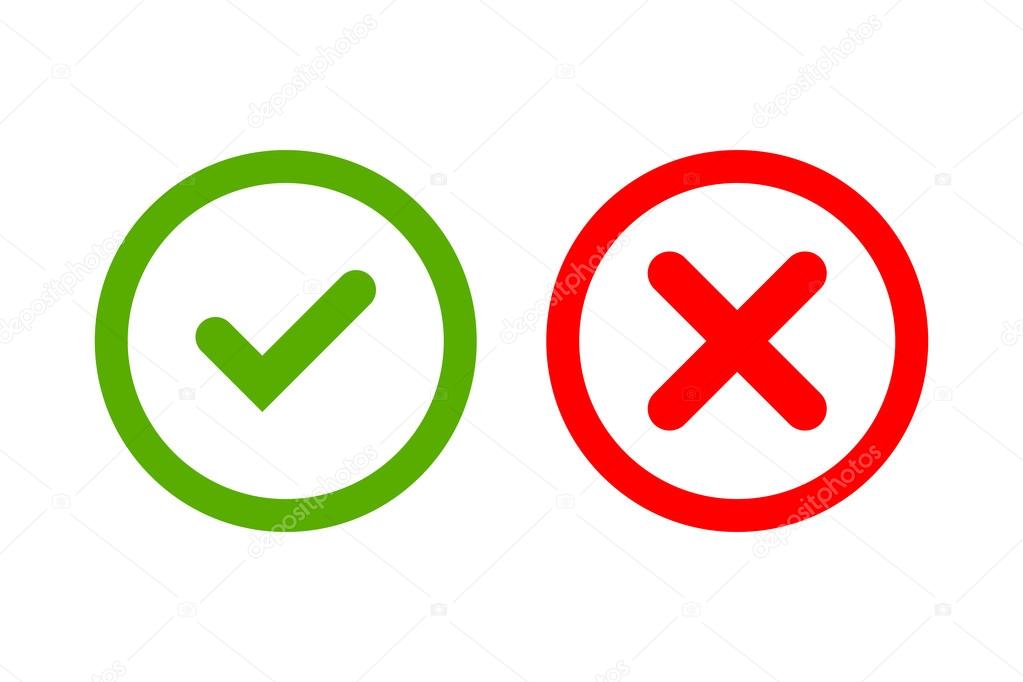
As a Licensed Social Worker, I am required to adhere to the National Association for Social Work (NASW) Code of Ethics and to take an ethics class every two years to maintain my licensure. In it, we cover topics that have to do with confidentiality, boundaries and appropriate behavior that is first and foremost meant to be in service to the client population with whom we work. It touches on the importance of worth and dignity of the client, and operating within the rules of the agencies by which we are employed.
An article published in Greater Good Magazine, states, “a recent Gallop Poll indicates that nearly 80 percent of Americans rated the overall state of morality in the United States as fair or poor. Even more troubling is the widely held opinion that people are becoming more selfish and dishonest. According to that same Gallup Poll, 77 percent of Americans believe that the state of moral values is getting worse.”
One place in which values and morals are considered fodder for conversation is in the business world.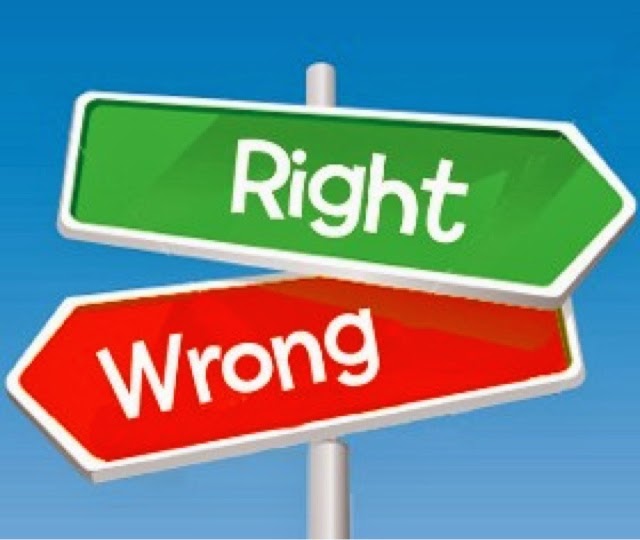 Is it acceptable to take credit for a colleague’s work? Is it permissible to pilfer office supplies from your employer? Is it okay to take extra change from the cash register or food from the pantry where you work?
Is it acceptable to take credit for a colleague’s work? Is it permissible to pilfer office supplies from your employer? Is it okay to take extra change from the cash register or food from the pantry where you work?
A principle known as Kohlberg’s Stages of Moral Development sets the stage for our understanding of what is right and wrong. It is broken down into concepts that guide decision making as we mature. One of the landmark cases that Kohlberg put forth was called Heinz Dilemma, which describes a man who steals a drug that his wife needs to survive, from the inventor who is overcharging by 100% and won’t allow the man to pay less. I recall hearing about this while in graduate school and it tested my own moral sensibilities.
Questioning Integrity
“I can feel when someone or something resonates with me. Then when someone doesn’t with my beliefs I let them go. Surrender the idea that I am in charge of anyone or anything. Compassion seems to follow.”
“Does it feel right? Are your actions or decisions helping or hurting, I believe we all know deep in our soul right from wrong.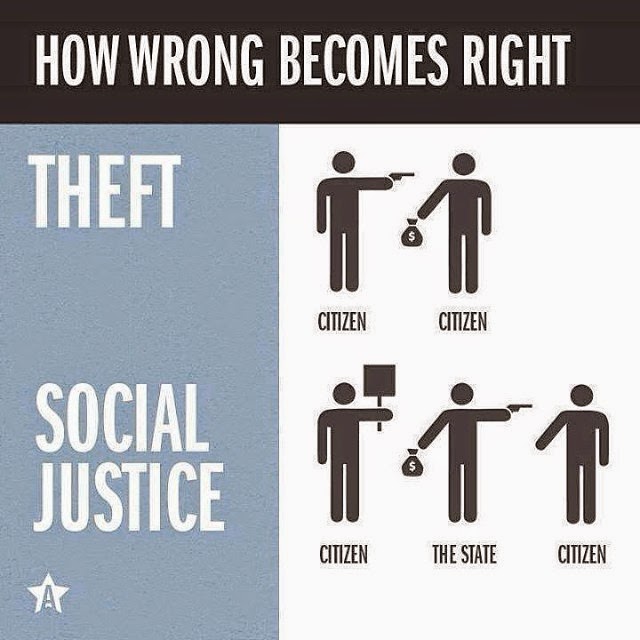 ”
”
“As a child, I was first born. In charge, bossy, and pushy. As I grew older, this very slowly, too slowly, diminished. At about the 3/4 point I started to see things differently. I see things as I think they really are. I believe that is what everyone does. Any bad reaction a person might have, such as anger or violence, belongs to them. Not good, not right, but not yours. I have noticed, that as I changed, I stopped seeing these behaviors in other people.”
“The golden rule: don’t do anything that you wouldn’t want someone to do to you. Doesn’t mean it’s wrong or right — that is determined by each person, their experience, their perspective. And of course, we have laws. They pretty much cover it. Outside of that, we model better behavior and hope evolution takes care of the rest.”
“Some things in life are indeed black and white and are indeed objectively right or wrong. Lots of things in life are gray, and leeway in considering another person’s opinion/feeling/belief is appropriate.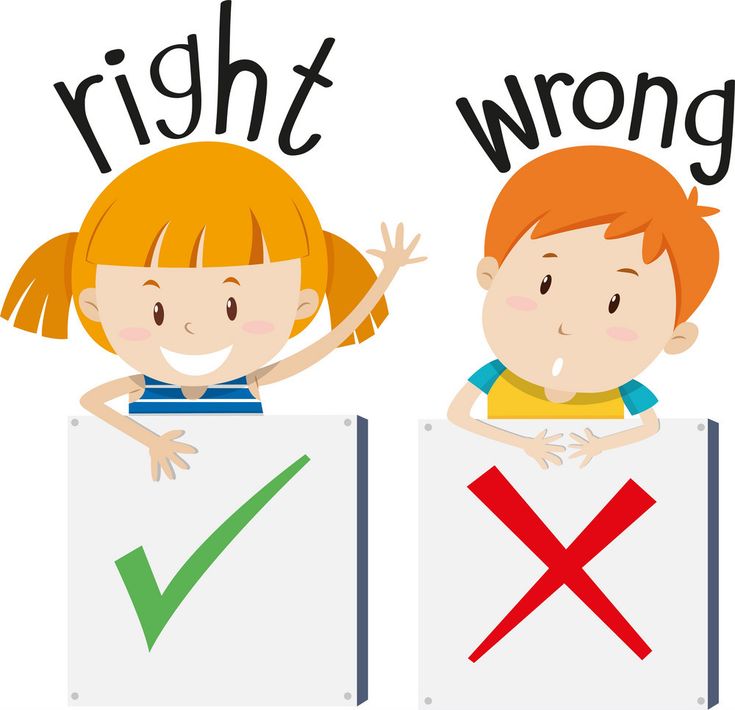 But moral relativism only goes so far. To say that there is no right or wrong ‘and that we should just honor people’s feelings’ is emotionally lazy and shows a lack of integrity.”
But moral relativism only goes so far. To say that there is no right or wrong ‘and that we should just honor people’s feelings’ is emotionally lazy and shows a lack of integrity.”
“One way to frame such things is in light of what works and what doesn’t. In this light, to behave without integrity is not wrong, however, it does have a cost. When integrity is out agreements don’t work when agreements are not reliable, possibilities are limited.”
“It’s all about tolerance and not hurting others. If your religion teaches peace, love and respect then it should be celebrated. There is no place for hatred, bigotry and extremism.”
“Some things are universal. I know of no culture, religion or philosophy that condones theft or violence, at least on the individual level. They all seem to condone such things when done by the State though.”
“I believe that in healthy humans there is an inner compass that guides right from wrong. It may get modified through various lenses of philosophy, religion, and culture, but I think seeking peace and integrity and not causing harm are pretty universal. Unfortunately, it is also possible to get estranged from that compass, so it is good to stay in balance and in touch with it as much as we can.”
Unfortunately, it is also possible to get estranged from that compass, so it is good to stay in balance and in touch with it as much as we can.”
“Years ago, I met Joseph Fletcher who wrote the ‘Situational Ethics.’ Unfortunately, right wingers jumped on this without thinking it through. What he DID NOT mean was that was no right or wrong. What he meant was that each situation presented itself with a new set of facts…. new data and that there is no way to decide what is right if you don’t fully know the situation. He did not mean that values are simply “relative” but that they look different in each scenario. Later theologian Joseph Mathews more fully developed this idea and more accurately called it Contextual Ethics. Another way to say it (along with Bohnhoeffer) is that this situation, whatever situation it is, is an opportunity to “judge, decide, weigh up, decide and act.”
“Wrong does not cease to be wrong because the majority share in it.” ― Leo Tolstoy, A Confession
Perfectionist, hypersensitive, indifferent: why do we become like this
A student syndrome
The word "perfectionist" is most often used in a positive sense. Saying "I'm a perfectionist in everything!" or "He is a perfectionist at work", people want to emphasize their own or other people's merits, the desire to make everything perfect. In fact, if a person is really a perfectionist, then, most likely, in life he faces serious problems that can affect his mental and physical health. nine0005
Saying "I'm a perfectionist in everything!" or "He is a perfectionist at work", people want to emphasize their own or other people's merits, the desire to make everything perfect. In fact, if a person is really a perfectionist, then, most likely, in life he faces serious problems that can affect his mental and physical health. nine0005
"Perfectionism has several stages. The first, in which you can spend your whole life, is the desire to do everything in the best possible way, ideally, and there is nothing wrong with that, because it helps to achieve your goals, success," explains psychologist Mikhail Khors. "But a significant part of perfectionists goes to the next stage, when perfectionism already becomes a disease, turns into patho-perfectionism, a neurasthenic form, when the desire for perfection goes into all areas of life, at this stage suffering, pain appears if the ideal cannot be achieved. if there is a threat that he will be able to do the job in the best possible way, get angry, be afraid, worry, even if nothing has happened yet, experience unpleasant mental states, and they will take away his resources of strength, and there will not be enough strength to realize his aspirations. nine0005
nine0005
A psychologist compares the state of a failed perfectionist to that of a drug addict. Life for him becomes gray, it seems wrong.
Read also
"I felt like a hostage": how to survive in postpartum depression not enough resources?", then asks the question: "How can I get these resources?", "How not to make such mistakes?" - gets up, dusts himself off and goes further towards his goal. A perfectionist is not like that. He flies towards his goal and sometimes he achieves by taking it impudently, but if it doesn’t work out, he suffers.” nine0005
A perfectionist experiences suffering quite often not only because of his own failures, but also because he is dependent on external circumstances that he cannot influence.
"This condition is often called the syndrome of an excellent student, and rightly so: as a rule, perfectionists manifest themselves already at school, sometimes even in kindergarten," says psychiatrist Mikhail Gordeev.
Socially approved perfectionism is actually not so good: people with high demands on themselves and others find it difficult both at work and in their personal lives. nine0005
nine0005
"It is a mistake to think that perfectionists are born bosses. They are often bad leaders," says Mikhail Gordeev. and secondly, because a perfectionist, realizing that he is in charge of idiots, takes on the work that he should have delegated to others, because he is sure that no one will do it as well as he As a result, he overstrains, overloads." nine0005
© UfaBizPhoto/Shutterstock/FOTODOM
Another problem for perfectionists is timing. He can complete the task perfectly, but will spend much more time and effort on it than his colleagues.
"There is such a model of success - 20 percent of efforts give 80 percent of success, it's just important to find what to spend these efforts on effectively," says Gordeev. 200, 300 percent of the effort spent. They, as a rule, become good professionals, but it is very difficult for colleagues to work with them. Another feature of a perfectionist: if he does something and he did not succeed, he will not try to fix it and move on, but everything will start over. " nine0005
" nine0005
"Help teach them how to live right"
A situation when at work a person is demanding of himself and his staff, strives for an ideal, but in his personal life it is easy to get along with him, according to psychologists, is rare. Most often, problems extend to family and interpersonal relationships. Mikhail Gordeev claims that it is difficult for such people to create a couple and save a family.
“For them, the concept of “building a family” means not creating, but training, adjusting to oneself. And until a certain moment, the partner endures, because at first there is a bouquet period, love, emotions, children are born, and then there is no strength left. nine0005
Perfectionists often come to a psychologist with a request: "Help me teach them to live right." And it can be a blow for them, they can even leave therapy when they realize that I won’t explain anything, that my task is not to find right or wrong, but to help them figure it out. At first, they have to be taken out of fighting stances
Perfectionists come to psychotherapy more often than phlegmatic people or people who are calm about their successes in order to cope with increased anxiety, panic attacks, and addictions. nine0005
nine0005
"Panic attacks are the result of an overload of the nervous system," explains psychologist Mikhail Khors. cause.Unfortunately, the modern approaches of many of my colleagues are to work with the consequences, which are removed by pills, the same antidepressants.And they will not affect perfectionism in any way, they affect the symptom, and not the source of pain.And after a while, problems will return." nine0005
Read also
Emotional burnout. Why is it dangerous, who is threatened and how to deal with it?
"For example, Tony Robbins and many of his colleagues teach that there are no limits of opportunity. I do not agree with this, every person has limitations. Yes, we try, give our best, work, but I want to remind you that not everything in life is from us It depends. And it happens that the obstacle is in ourselves - fears, complexes, ignorance of something - they also stop us. More than half of the European population is on antidepressants, because they are so pumped up that they can do everything they have to smile, be forever happy, energetic, successful, and they are living people. People cannot be forever happy. The modern and popular approach to the fact that a person cannot be in negative states leads to the fact that he forbids them to himself, contradicts his essence ". nine0005
People cannot be forever happy. The modern and popular approach to the fact that a person cannot be in negative states leads to the fact that he forbids them to himself, contradicts his essence ". nine0005
In therapy, perfectionists learn to be calm about the imperfections of others, to put up with the fact that the world does not work the way they want, that people can do bad things, be wrong, behave badly, that they have the right to beliefs that are different from theirs own convictions.
© YAKOBCHUK VIACHESLAV/Shutterstock/FOTODOM
"Such patients should never be told that they are wrong. It is a disaster for them," says Gordeev. "No, on the contrary, he is good, but he can become even better if he accepts that the world is not perfect, that it doesn’t always rain at the right time, etc. We talk about the price he pays for his idealistic attitude towards life. When it comes to relationship problems, I immediately ask the patient’s pressure figures, and I don’t I remember that they were normal at least once. And a person begins to understand this. We teach to be calm about another opinion, if it is not ideal, to delegate authority, if we are talking about a team, we teach to appreciate the advantages of another." nine0005
And a person begins to understand this. We teach to be calm about another opinion, if it is not ideal, to delegate authority, if we are talking about a team, we teach to appreciate the advantages of another." nine0005
How do you become a perfectionist?
Psychiatrist of the Scientific Center for Personalized Medicine Nadezhda Solovieva believes that perfectionism can be congenital or acquired.
"A person has an endopsychic — something that is inherited, something that cannot be corrected, and an exopsychic — something that a person acquires during his life and with which you can work. Perfectionists and those who do not particularly worry about anything , there is both that and that component. If the genotype contains anxiety, if it is an endopsychic component, then a person is more likely to become a perfectionist. And then the environment and upbringing shape him. relaxed, phlegmatic, the child will adapt to him. But in adolescence, he himself will begin to choose.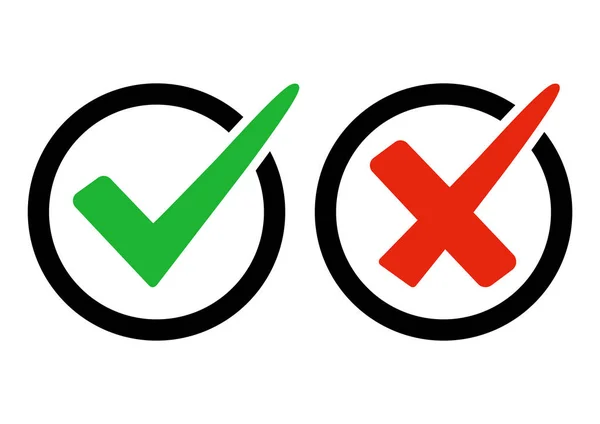 " nine0005
" nine0005
Psychiatrist Mikhail Gordeev believes that the influence of parents on the formation of a perfectionist is stronger than heredity.
"It happens that perfectionist parents bring up perfectionists. And sometimes parents themselves could not achieve something in life, but they consider it very important and realize their desire through a child. In their opinion, their child should achieve this, he should be the best, despite the fact that the parent himself could not do this.
Mikhail Gordeev notes that perfectionists in childhood were subjected to moral punishment for failures, for example, a mother could not talk to a child for several days for bad behavior, a two or three, did not learn a lesson. nine0005
"Perfectionism is a condition that is brought up by the fear of punishment, and it's not just about physical punishment. Moral rejection can be much worse for a child than deprivation of sweets, a ban on walking and cartoons, even physical punishment.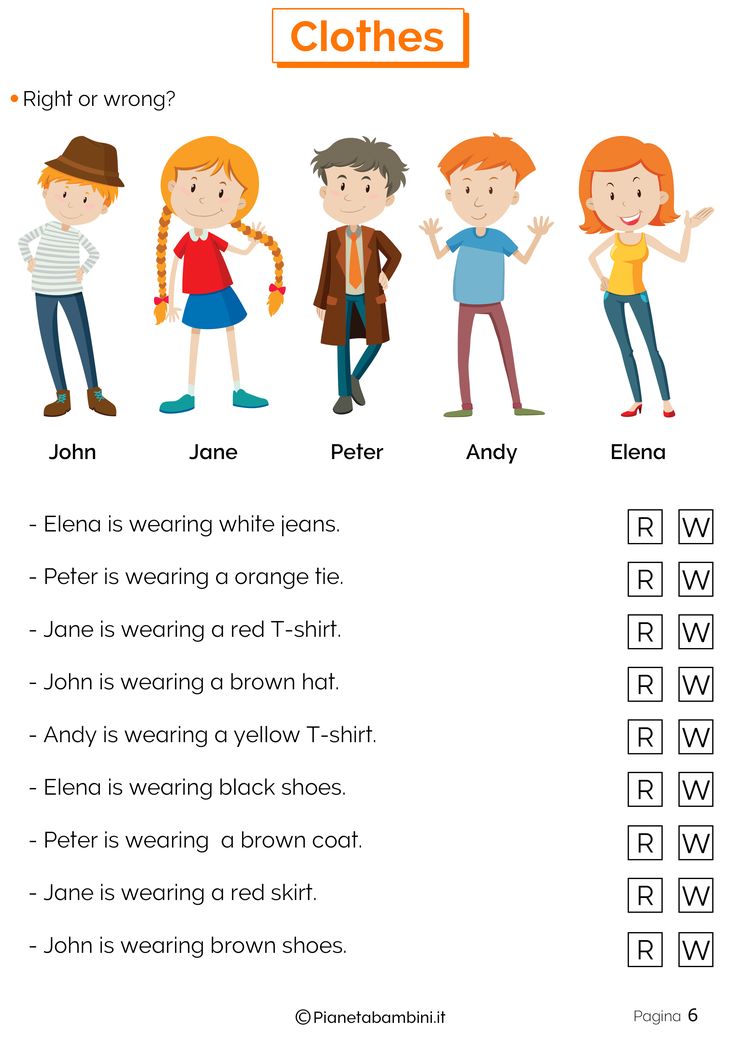 And when a perfectionist grows up, he he is afraid of rejection no longer of his mother, but of friends, colleagues, lover, for him the punishment is disrespect and rejection of others.
And when a perfectionist grows up, he he is afraid of rejection no longer of his mother, but of friends, colleagues, lover, for him the punishment is disrespect and rejection of others.
Perfectionists are not only afraid of being disrespected, they are afraid of being embarrassed. And these attitudes are also laid by close adults. nine0005
"These fears are social, they are normal for our life, the question is how strong they are," says Mikhail Khors. everyone looks, look, uncle thinks: "What a bad girl is crying in the store!" Or he says: “You disgrace me in front of other people, what relatives, neighbors, passers-by will say!”, “Go to the blackboard, the whole class will laugh that you don’t know anything”, “Disgrace yourself in front of the whole class”, “Disgrace the school”. nine0037
Perfectionists often hear phrases from their parents: "You must be the best", "You only need to study for A", "Four is a bad grade".
© LStockStudio/Shutterstock/FOTODOM
"There are a lot of such parents," the psychologist explains.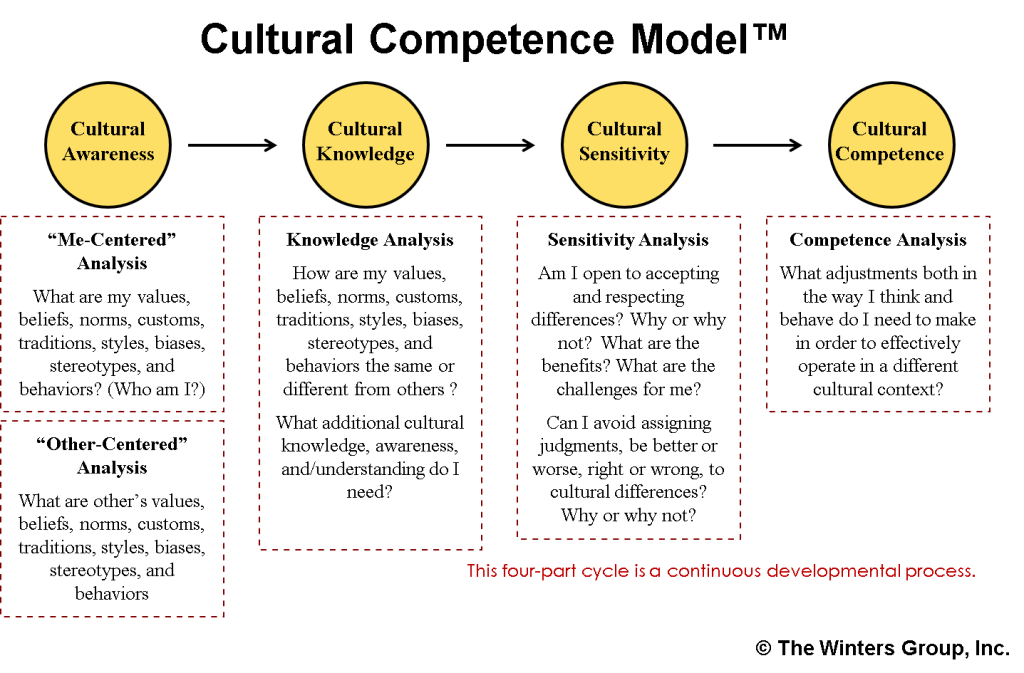 , does not work? I'll work harder," but at some point he hits the bar, faces a situation where he doesn't succeed. Maybe he doesn't succeed now, but it will succeed in a year, but he needs it right now. And then his pain appears." nine0005
, does not work? I'll work harder," but at some point he hits the bar, faces a situation where he doesn't succeed. Maybe he doesn't succeed now, but it will succeed in a year, but he needs it right now. And then his pain appears." nine0005
Children who are not required to be the best by their parents grow up to be more harmonious personalities, Khors believes.
"Such a parent does not have this feeling of inferiority, which he tries to satisfy at the expense of the child, he loves and appreciates the child, regardless of his success. He brings him up in a more realistic-philosophical atmosphere, more phlegmatic:" but if it doesn’t work out, it’s okay, you get up, dust yourself off and move on.”
Antipode of the perfectionist
The opposite of perfectionism is relaxed, phlegmatic individuals who do not suffer from failure. They are not particularly worried that their boss scolded them at work, that they cannot buy a dream car, they will not worry about rudeness in public transport, get angry at their family for scattered socks and toys. But it is also wrong to consider them indifferent, devoid of empathy and goals in life, Mikhail Gordeev believes.
But it is also wrong to consider them indifferent, devoid of empathy and goals in life, Mikhail Gordeev believes.
"Like for a perfectionist, for such a person in life something is more important, something is less important.
Freedom can be their highest value. So it was with the hippies, who went to live in nature, gave up achievements, careers, because for them it was most important to live freely, not to bind themselves with frames. This was their ideal. And to some extent, they can also be called perfectionists
According to Gordeev, a student who is not at all worried about bad grades at school, who is not successful in school, can later achieve great success in the field of creativity.
“Perhaps from childhood he clearly knew that he needed something else,” explains Mikhail Gordeev. “If a person does not worry about failure at work, in school, he may have another area of interest. classic Manilov, who thinks about something all the time, dreams, while doing nothing? It's hard to say, you can call him a dreamer. It's just that his ideals are not recognized by society." nine0005
It's just that his ideals are not recognized by society." nine0005
Antipodes of perfectionists can also become clients of a psychotherapist, despite a more relaxed attitude towards others and their own mistakes, says psychiatrist Nadezhda Solovieva.
"If we talk about neurosis, minor psychiatry, about overcoming some kind of disorder, anxiety, panic attacks, then both come. For pronounced perfectionists, the problem is anxiety. sociopathy. And inside such people can feel their inadequacy and suffer from it. And in fact, both perfectionism and indifference are two defensive reactions of the psyche that say that a person has problems. " nine0005
Skinless people
Perfectionists are often very sensitive people. But sensitive individuals are not always perfectionists. They are called people "without skin", when a rude word, a dismissive look can hurt, and betrayal or separation unsettles them for a long time and becomes a tragedy.
Sensitivity can also be biologically determined when a person is born with a very delicate, receptive nervous system, believes Mikhail Khors. But sometimes such a feature speaks of a "God complex." nine0005
But sometimes such a feature speaks of a "God complex." nine0005
"Such a person does not necessarily strive for success, he may not have good grades in school or higher education, he may not have a prestigious job, salary, recognition of colleagues, but at the same time he has a complex of an omnipotent and omniscient being who knows exactly how it should be, how the world should be. And if it is arranged differently than he imagined, then it is a bad world. It hurts such people to live in a world that is not organized according to their laws. In religion, this is called the word " pride." Pride is the sin that is the mother of all other sins." nine0005
Nadezhda Solovieva believes that in this case it is not about perfectionism, but rather about intolerance.
"You can't put an equal sign between intolerance and perfectionism. There are intolerant people who are not perfectionists, and vice versa."
A psychotherapist will help you deal with the "God complex". Hypersensitive people can also improve the quality of life in therapy sessions and learn to react less painfully to traumatic situations and events.
Do opposites attract?
Families built by people with different temperaments and characters are considered stronger. A classic example of such an alliance is the heroes of Vera Alentova and Alexei Batalov in the film "Moscow Does Not Believe in Tears", Natasha Rostova and Pierre Bezukhov in Tolstoy's novel "War and Peace". But not in cinema or book, but in a real couple created by a perfectionist and his antipode, according to psychiatrist Mikhail Gordeev, serious problems will arise.
"It is unlikely that they will get along. And even great love will quickly go out, because they are different in their perception of the world. Indeed, in a couple, a person often sets criteria for a partner. And a perfectionist can set criteria in terms of productivity, punctuality, beauty. He can be the ideal of beauty, and he, say, will like a beautiful woman, but in the morning she will still wake up with a wrinkled face, and this is already a violation of the ideal. nine0005
See also
When is it time for couples? Modern family in graphs and figures
Such different people will be able to build relationships and families only if both recognize their shortcomings and are ready to make concessions to each other.
"They can get along, the question is whether they strive for this," says psychologist Mikhail Khors. that if suddenly something is wrong in a relationship, then you need to leave and look for where it will work out in an ideal way. If people in a relationship value something else besides their ego, they will most likely try to take steps towards each other " . nine0005
Psychiatrist Nadezhda Solovieva is more optimistic about the prospects of the family of a perfectionist and his opposite: in her opinion, the main condition for success in such a couple is the absence of categoricalness in both.
"There is a concept of harmony in a couple. If a perfectionist knows his shortcomings, but cannot fight them, he will appreciate the qualities he lacks in a partner. It will also be useful for his antipode to learn something from a perfectionist. And a perfectionist can become close to his more relaxed partner. If categoricalness is not mixed with the perfectionism and indifference of both, if both are not rigid, flexible, the couple can turn out to be wonderful, complementary, one will level the weaknesses of the other.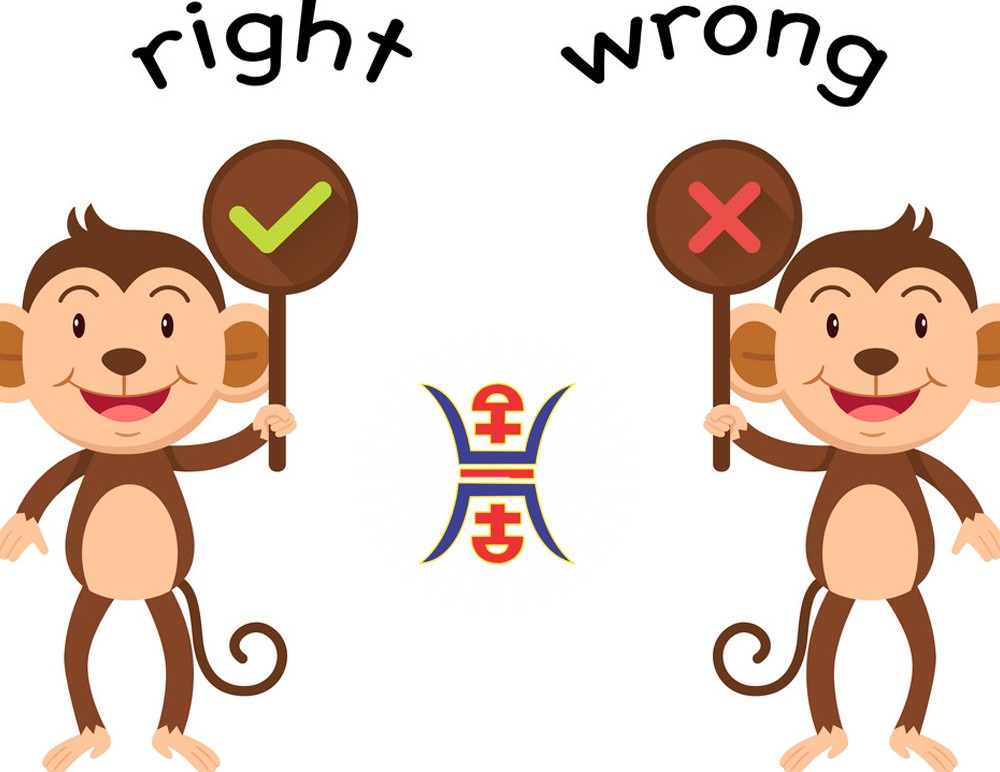 " nine0005
" nine0005
Rigidity, in other words, rigidity, resistance to change. They can happen to a perfectionist during his life under the influence of psychotherapy or some important event. It happens that a perfectionist even refuses to achieve, abandons his career and becomes a downshifter, devotes himself to his family, but such a sharp change often happens after certain events.
"In order for something to change quickly, a catastrophe must happen. Some kind of big shock in life," says Mikhail Gordeev. nine0005
But the opposite situation, when an indifferent and relaxed person turns into a perfectionist, happens much less frequently.
“I have never seen anything like this,” says Mikhail Khors. “If this is an adult whose personality has already been established, he is unlikely to slip into perfectionism. any of his demands are fulfilled at the snap of his fingers, and then he loses this power, then yes, he can suffer. nine0005
According to Nadezhda Solovieva, a similar transformation can still be observed in adolescents who, at a transitional age, do not understand what they want, and then take up their heads.
"This can happen if a person in adolescence protested, but in fact he was not indifferent to his successes and deeds. It happens that in adolescence children abandon their studies, college, and then grow up and change dramatically. In this case their protest is just a reaction to the environment, fashion, and not indifference and phlegm." nine0005
Karina Saltykova
how to spell a word correctly according to the rules of the Russian language
If you have ever wondered how to spell the word “not important” or “not important”, then this article is definitely for you. Just a few minutes spent learning the rules of the Russian language will help you avoid mistakes0151
Russian language tutor
Whether you are writing a doctoral dissertation, a claim for a return of goods or a message to a friend: literacy should accompany you everywhere. And do not rush to draw a conclusion about the spelling of the problematic word from the first sentence of our article.![]() "It doesn't matter" can be written both together and separately. Of course, the choice of option should be based on rules. Let's talk about them.
"It doesn't matter" can be written both together and separately. Of course, the choice of option should be based on rules. Let's talk about them.
It doesn't matter
D. E. Rosenthal’s “Spelling and Style Guide” says that “not” with adverbs (and “it doesn’t matter” - this is most often an adverb) is written together if a word can be synonymized. In our case, “it doesn’t matter” is close in meaning to the words “bad” or “indifferent” - that means we write together. The word we are considering can also be a short adjective. In this case, the same rule applies.
Examples
In this sentence, "not well" is used in the sense of "bad":
- "The student did not feel well, and he was sent home.
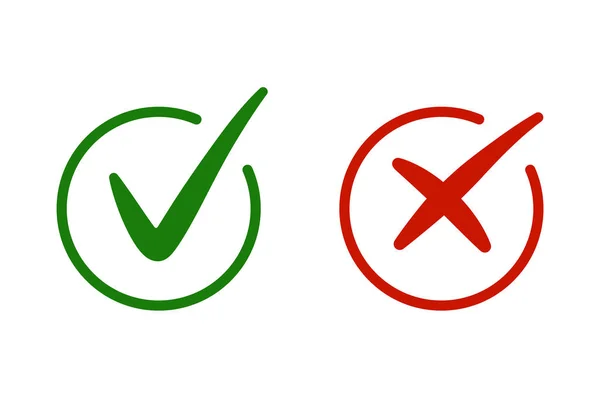 "
"
In the example below, the word we are considering has the meaning "indifferent":
- "Money, cars and apartments - all this is unimportant compared to health."
And here is the case when the word "not important" is a short adjective from the word "not important":
- "The decision to buy a sofa is not important at the moment."
B The topic
The rule “It is not important”
Examples
In the first example, we see a contrast with the union "a":
- "Your presence at the event is not important, but unimportant.
 "
"
This sentence contains the word "far". therefore, “it doesn’t matter” we write separately:
- “It doesn’t matter if you have experience in the profession – we will train you ourselves.”
Another example of separate spelling of an adverb with the word “not at all”:
- "It doesn't matter when the holiday is over."
Tips of the teacher
Evgeny Sivtsov, Russian tutor:
- and schoolchildren, and adults are difficult to describe the parties. For example, many do not know how to write correctly in a given situation: “it doesn’t matter” or “it doesn’t matter”. Some people find it difficult to remember the spelling rule, since in a school textbook they are often formulated in a difficult or not very clear way.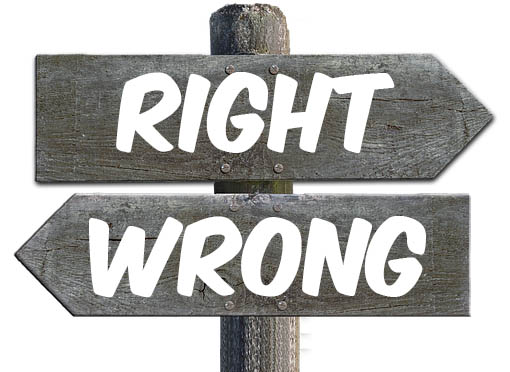 nine0005
nine0005
First of all, you need to pay attention to the context, because a lot depends on it. The advice is simple: if “it doesn’t matter” can be replaced by a synonym without “not”, then this word is spelled together. Consider examples: “He didn’t care at all what they thought of him” (“it doesn’t matter” can be replaced with a synonym for “indifferent”) or “He has not been doing well lately” (“it doesn’t matter” can be replaced with a synonym for “badly”).
The word "not important" is written separately in the following cases:
1. If this word is followed by opposition with the union "a", for example: "It's not important, but just interesting." nine0005
2. If there are words that reinforce the negation, such as “far from”, “not at all”, “not at all”, “not to anyone”, “not at all” and others: “It does not matter at all where this path leads us ".
This rule applies to all other dialects. Using it, you will be able to make fewer mistakes.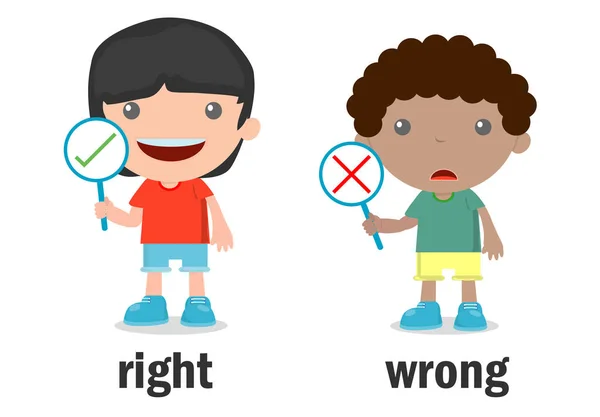
Test yourself
Self-test will help you consolidate your knowledge! Can you get the maximum score?
| Pass test |
“IMPORTANT” is always written together
“(not) it is always written separately”
“Important” can be written both together and separately
| Check |
Separate: “Not important”
9000 9000 9000 9000 9000 9000 9000 9000 9000 9000 9000 9000 9000 9000 9000 9000 9000 9000 9000 9000 9000 9000 9000 9000 9000 9000 9000 9000 9000 9000 9000 9000 9000 9000 9000 9000 9,0000157
| Further |
| Check |
This is not important, but very important!
My daughter does not study well.
